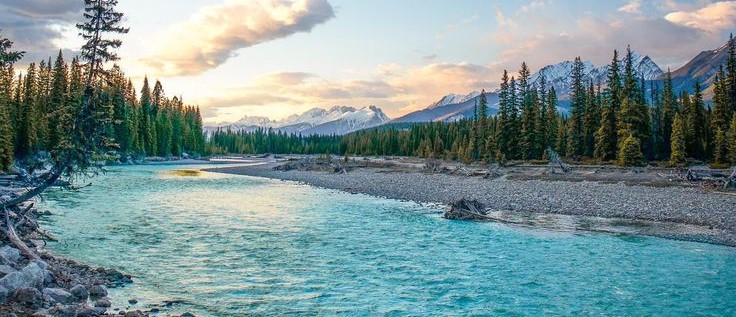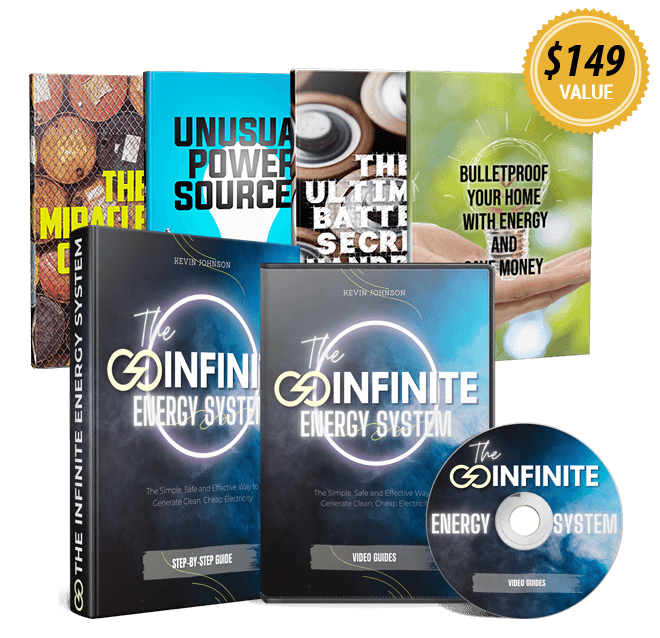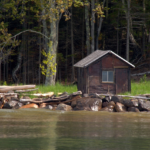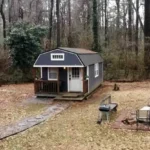A Beginner’s Guide
Introduction
Are you tired of the hustle and bustle of city life? Do you long for a simpler, more self-sufficient lifestyle? If so, you might be interested in off-grid living.
Off-grid living is a lifestyle that involves living independently from traditional utilities such as electricity, water, and sewer systems. While it may sound daunting, it’s actually quite achievable with some preparation and know-how.
In this beginner’s guide to getting started with off-grid living, we’ll cover the basics and provide tips to help you transition to a more self-sufficient lifestyle. So let’s get started!

Why Choose Off-Grid Living?
Benefits of Off-Grid Living
There are many benefits to off-grid living, including:
- Reduced reliance on traditional utilities and services
- Increased self-sufficiency and independence
- Lower utility bills and living costs
- Reduced carbon footprint and environmental impact
- Greater sense of connection to the natural world
Challenges of Off-Grid Living
While off-grid living can be rewarding, it also comes with its fair share of challenges. Some of these challenges include:
- Limited access to traditional utilities and services
- Greater responsibility for maintaining your own systems and infrastructure
- Higher upfront costs for equipment and setup
- Greater reliance on weather and natural resources
- Isolation from traditional communities and social networks
Getting Started With Off-Grid Living
1. Assess Your Needs and Resources
Before you start your off-grid living journey, it’s important to assess your needs and resources. This will help you determine what kind of systems and infrastructure you’ll need to set up, as well as how much it will cost.
Consider the following factors:
- Location: Where will you be living? What is the climate like? What are the local building codes and regulations?
- Water: How will you obtain and store water? Will you need to drill a well or collect rainwater?
- Electricity: How will you generate electricity? Will you use solar panels, wind turbines, or a generator?
- Food: Will you grow your own food, or will you need to purchase it from a nearby community?
- Waste: How will you dispose of waste? Will you need to install a composting toilet or septic system?
2. Start Small and Learn as You Go
Off-grid living can be overwhelming, especially when starting out, but if you put in some time and effort, the results can be most rewarding.
The Infinite Power Source below is worth looking at to investigate the ultimate sources of energy.







1 thought on “Get Started With Off-Grid Living Now”